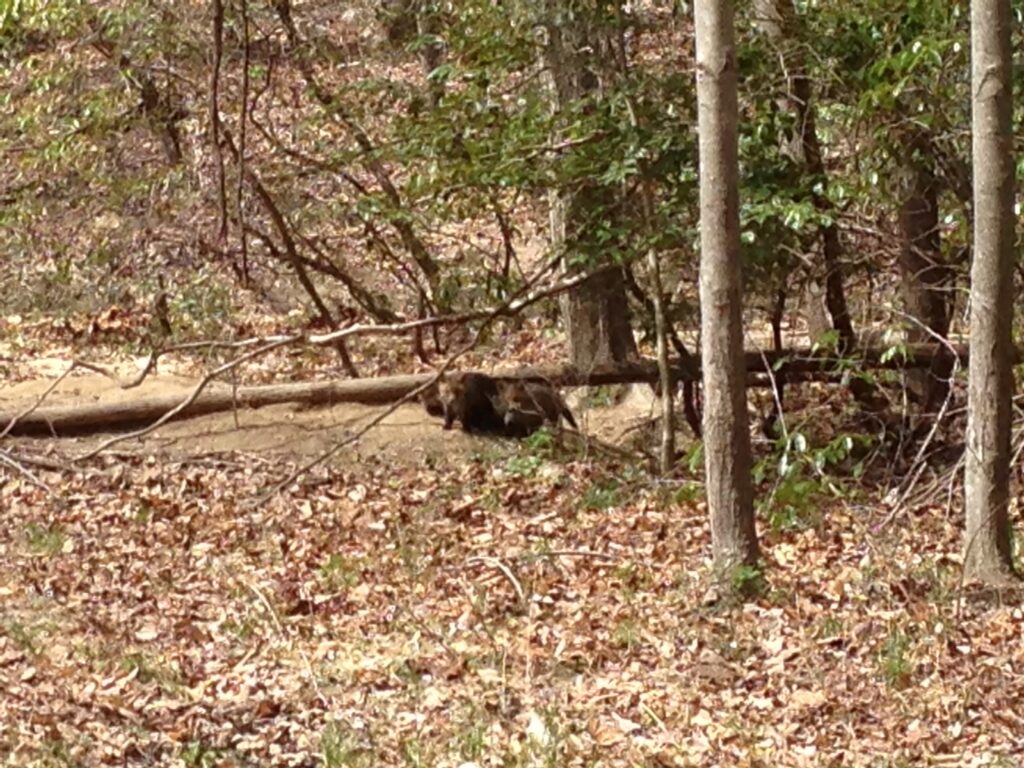Rereading Leopold

I read an essay the other day about Aldo Leopold, which got me thinking about the great conservationist and some writing I did about him a few years ago.
At first glance Aldo Leopold’s book A Sand County Almanac (1949) seemed to be like other evocative writing about place — books by Annie Dillard or Henry David Thoreau, for example, books that shed light not only on cities or rivers but also on the author or the human condition, books in which the landscape is a vehicle to the self.
What I got was much more. It was not just a book about the transformation Leopold and his family underwent as they fixed up an old chicken coop in Wisconsin and lived there on weekends. It was in this place that Leopold wrote the essays that became his masterpiece, A Sand County Almanac, a book that encapsulates the philosophy of place that makes him one of our earliest prophets of ecology and wilderness preservation. This book, like the twisted little apples of Winesburg, Ohio, is the hard-won fruit of the deep thinking Leopold brought to the land on which he chose to live.
“There are those who can live without wild things, and some who cannot. These essays are the delights and dilemmas of one who cannot,” writes Leopold in his introduction. But from such big pronouncements the work quickly becomes more specific: the winter awakening of a skunk, the trail of a meadow mouse, the fate of the passenger pigeon, the life of a downed tree, the difference between a shovel (which makes us givers) and the axe (which makes us takers).
To Leopold, place is much more than a vehicle for self-discovery. It is essential to the health and welfare of our planet. The landscape is not here for our amusement or to further our self-awareness; we are working parts of it. Leopold sings of the wilderness, the wild creatures, the original grasses and grizzlies and wolves and weevils that are born and nurtured by a particular soil and rainfall. Here is the moral work of place, the ecology of belonging.
(Fox cubs frolic in a clearing.)